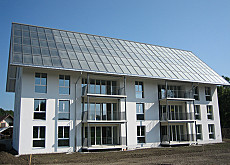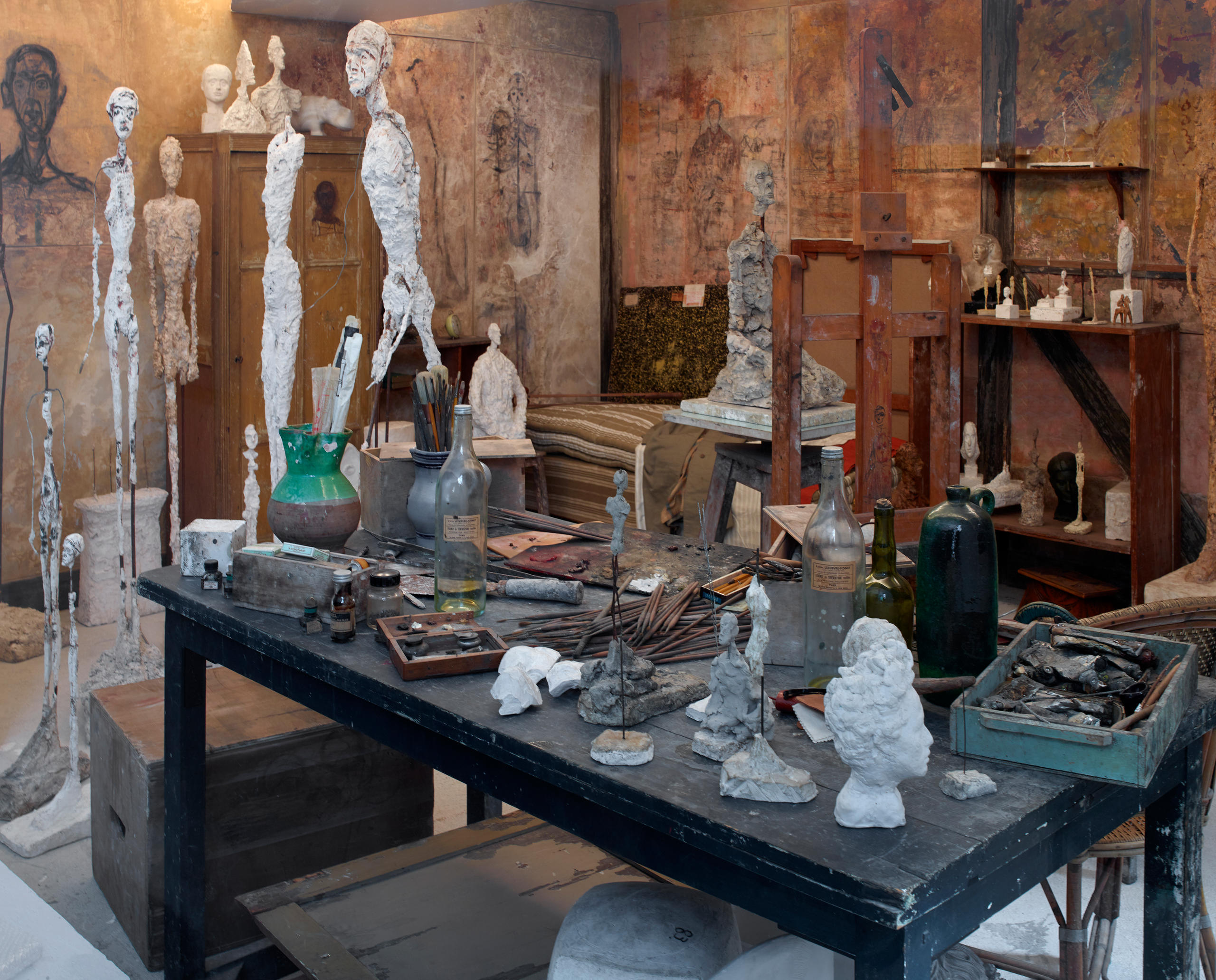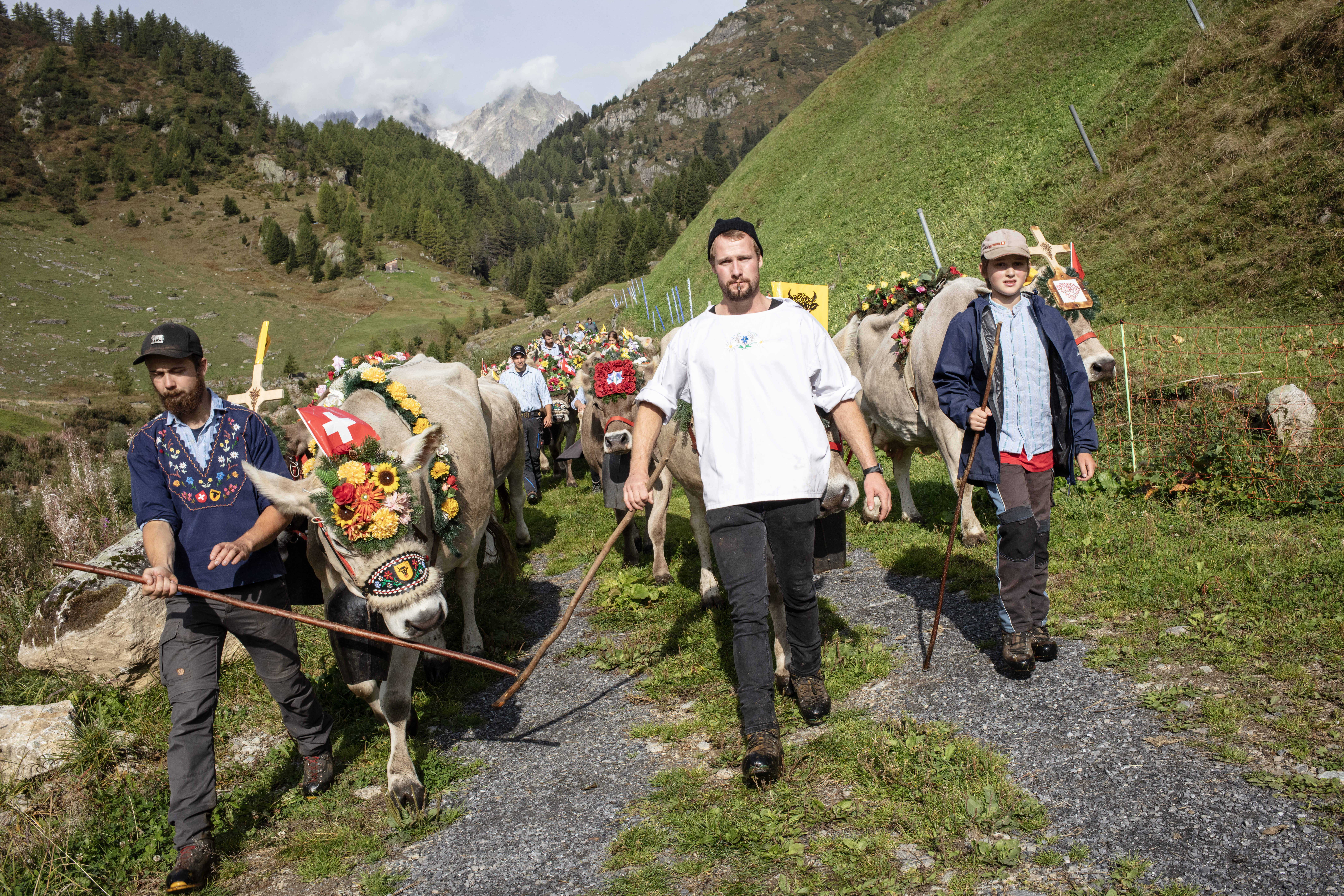
Sun shines on one-of-a-kind apartment block

A pioneering Swiss company has unveiled what it is billing as nothing less than Europe's first apartment block to be heated entirely by solar energy.
The heat for the eight apartments in the building in the town of Burgdorf will be provided by 276 square metres of solar roof panels connected to a giant water storage tank.
“It’s not well known that solar power can cover most of a building’s energy requirements, or even provide all of its heating without [the initial investment] being a lot higher,” Josef Jenni, head of the family firm, Jenni Energy Technology, told swissinfo.
Jenni said his company built the house to demonstrate the concept’s feasibility. He said the solar heating system accounted for about ten per cent of the total construction cost of around SFr3 million ($2.5 million).
The clean energy will replace approximately 3,000 litres of oil needed to heat an apartment block of this size meaning tenants will never have to pay any heating bills.
The water tank, which stands upright like a silo in the middle of the building, has sufficient reserves – with a capacity of 205,000 litres – to ensure enough water can be warmed to heat the building year round even with below average sunshine.
Nor will tenants ever need to open a window to let in fresh air in winter. The block meets the highest energy standards in the country, having received the Minergie-P label. In order to meet the Minergie requirements, the building must include, among other things, a ventilation system that automatically exchanges stale with fresh air.
“Jenni’s house has been built so it doesn’t need much energy at all,” explained Franz Beyeler, head of Minergie. “Most of the energy [provided by the solar panels] will be used to heat the water for cooking and taking showers.”
Lagging behind
Jenni’s company is considered a European leader in the field of solar energy, but Switzerland lags behind its neighbours when it comes to installing renewable energy systems.
Solar power only provides 0.2 per cent of the country’s heating needs and a paltry 0.3 per cent of its electricity. And annual rates of growth for solar thermal installations are less than 35 per cent – more than ten per cent below the European average.
This has resulted in Swiss companies like Jenni exporting most of their products. According to the Swissolar association, twice as many thermal solar panels are sold abroad as are installed in Switzerland and 90 per cent of Swiss-made photovoltaic systems are exported.
Jenni puts the greater demand in the European Union down to higher costs for fossil fuels there. “European governments are also more willing to support renewable sources of energy,” he said.
Swiss supporters of solar power hope that renewable energies will receive a boost when the government introduces in January a carbon dioxide tax amounting to around three centimes per litre of heating oil and 2.5 centimes on a cubic metre of gas.
However, Swissolar says oil and gas prices in Switzerland will stay among the lowest in Europe.
swissinfo, Dale Bechtel in Burgdorf
The apartment block is located in a suburb of Burgdorf, a town north of the capital, Bern.
The south-facing part of the roof is covered with 276m2 of solar panels.
The heat from the panels is used to heat 205,000 litres of water contained in a water tank inside the building.
Because of the size of the tank (17m high), it was installed after the foundation was laid, and then the rest of the block was constructed around it.
The rental price of the eight apartments is average for this part of Switzerland.
The company completed construction of its first house heated solely with the power of the sun in 1989.
Two years later, it outfitted its Burgdorf plant with enough photovoltaic panels to cover its electricity needs.
It has been awarded Switzerland’s top solar prize several times, and won the European award in 1995.

In compliance with the JTI standards
More: SWI swissinfo.ch certified by the Journalism Trust Initiative































You can find an overview of ongoing debates with our journalists here . Please join us!
If you want to start a conversation about a topic raised in this article or want to report factual errors, email us at english@swissinfo.ch.